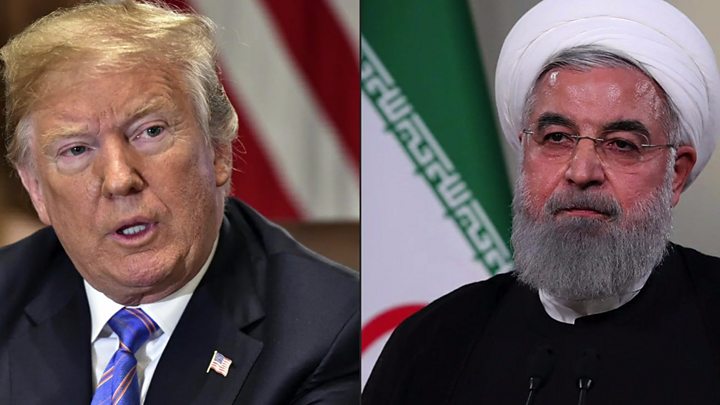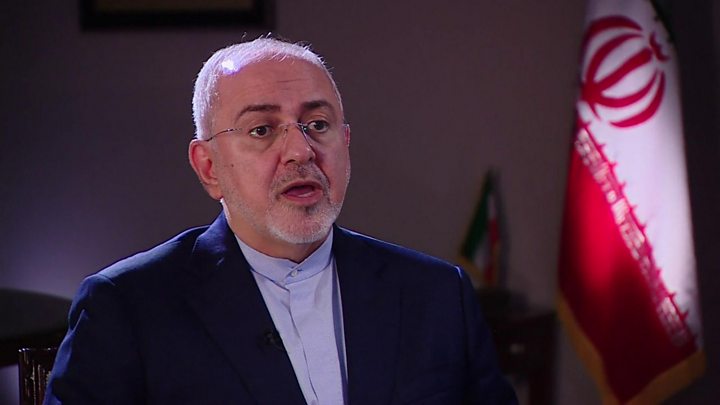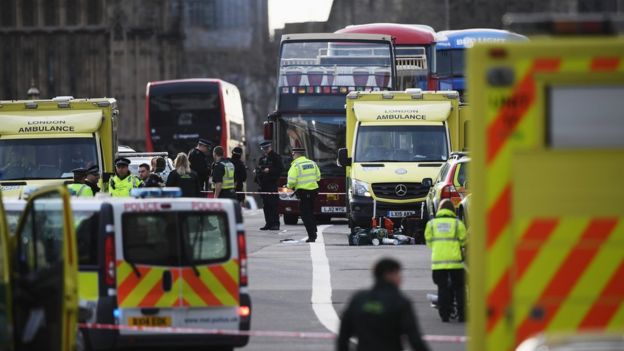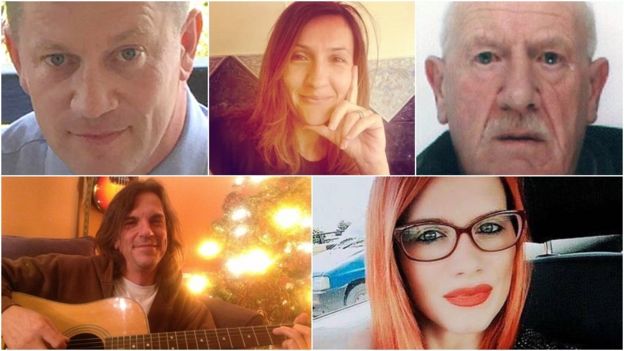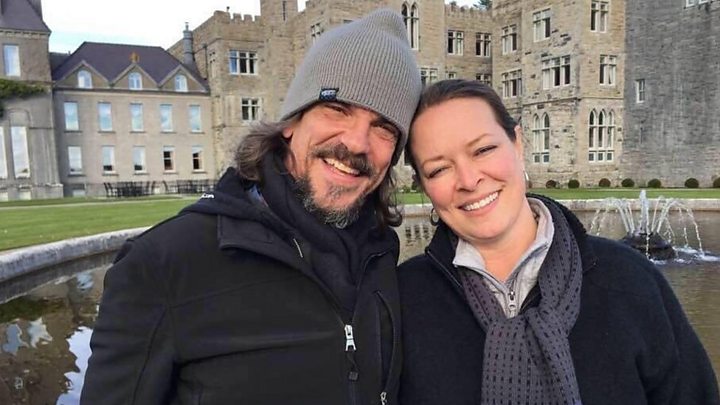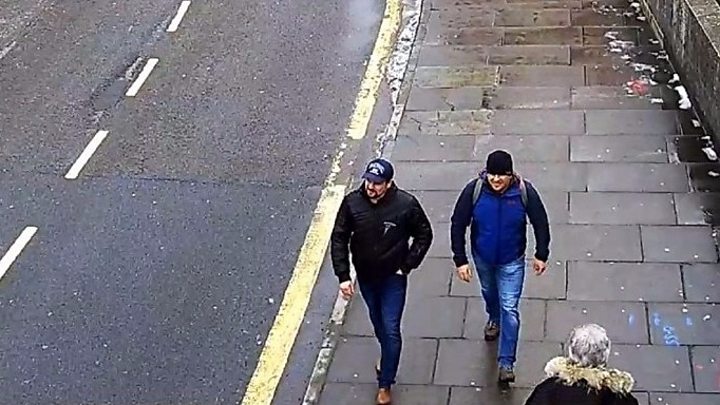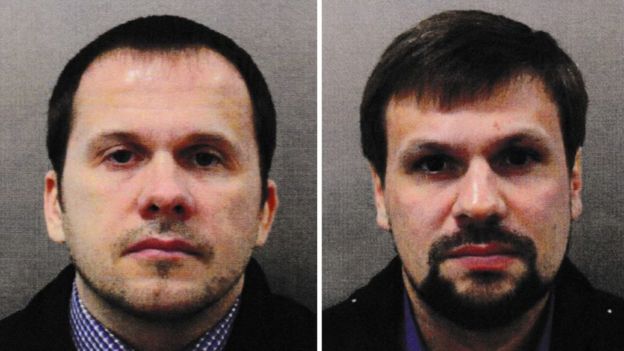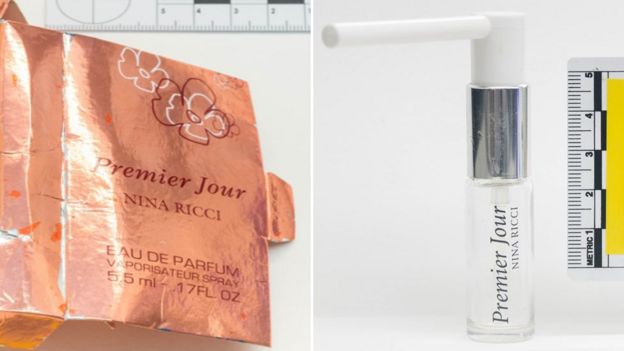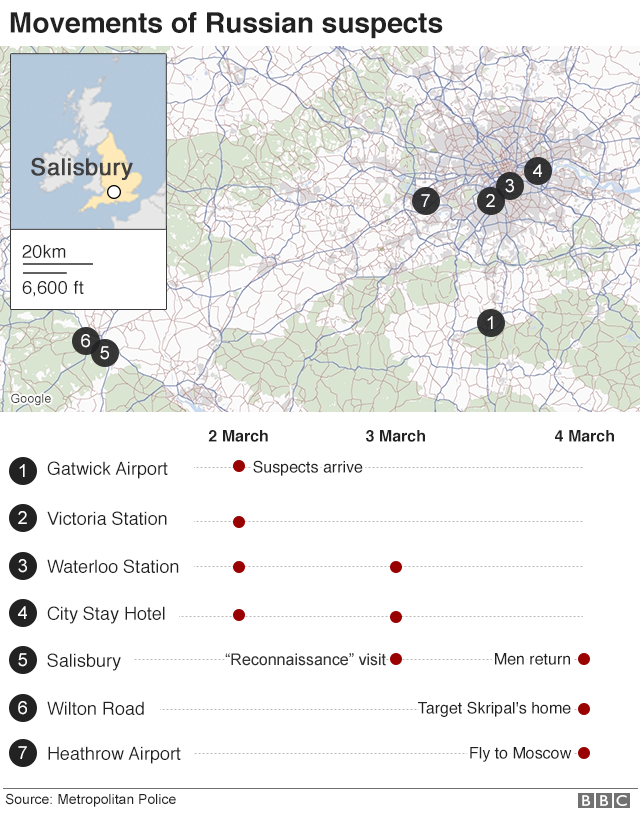SLIDER
October 11, 2018
Trans inmate jailed for Wakefield prison sex offences
A transgender prisoner who sexually assaulted two inmates at a women's jail and had previously raped two other women has been given a life sentence.
Karen White attacked two women in 2017 while on remand at HMP New Hall, in Wakefield, for other offences.
White, 52, who is transitioning, was described as a "predator" who was a danger to women and children.
She must serve a minimum of nine-and-a-half years for rape, sexual assault and wounding, Leeds Crown Court was told.
The court heard White, who was born male and now identifies as a woman, used her "transgender persona" to put herself in contact with vulnerable women.
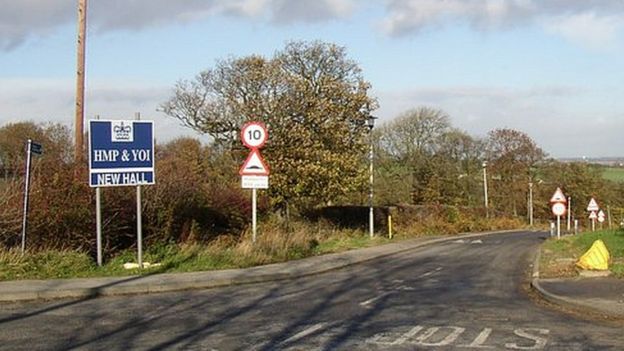 HUMPHREY BOLTON
HUMPHREY BOLTON
Passing sentence, Judge Christopher Batty said: "You are a predator and highly manipulative and in my view you are a danger.
"You represent a significant risk of serious harm to children, to women and to the general public."
White was on remand at HMP New Hall for other offences when she attacked the two women between September and October last year.
She was moved to a male prison after pleading guilty to the offences in September.
She also is highly unlikely to be moved back into a women's prison due to the risk she poses even if she were to be legally declared a woman, the BBC understands.
The court heard White has previous convictions for indecent assault, indecent exposure and gross indecency involving children, violence and dishonesty.
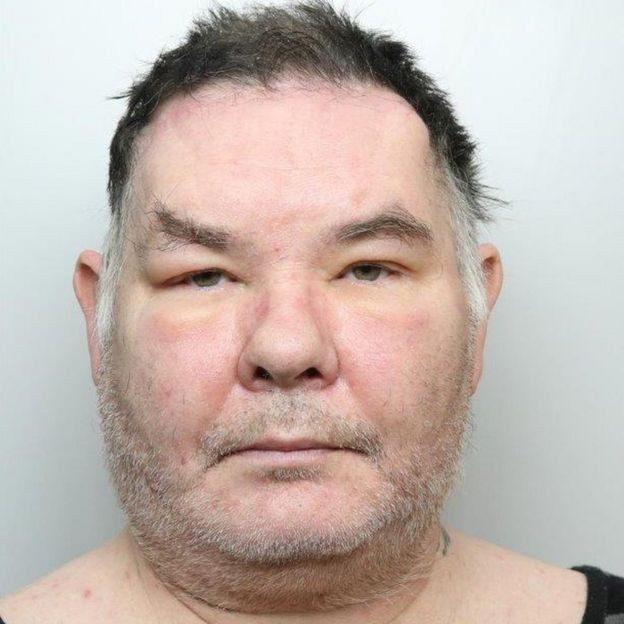 WEST YORKSHIRE POLICE
WEST YORKSHIRE POLICE
Prosecutor Christopher Dunn told the court: "She is allegedly a transgender female.
"The prosecution say allegedly because there's smatterings of evidence in this case that the defendant's approach to transitioning has been less than committed.
"The prosecution suggest the reason for the lack of commitment towards transitioning is so the defendant can use a transgender persona to put herself in contact with vulnerable persons she can then abuse."
White, who was born Stephen Wood and is originally from the Manchester area, was first arrested last August after attacking a 66-year-old neighbour with a steak-knife in Mytholmroyd.
While on remand at HMP New Hall, she began gender re-alignment, wearing a wig, make-up and false breasts.
She also admitted to probation officers she was sexually interested in children and could abuse a child and "think nothing of it".
'Spiked drink'
The two counts of rape did not come to light until one of the victims came forward after White wrote to her from prison.
The woman, in her 20s, said White had violently raped her five or six times between January and December 2016, after meeting at a psychiatric unit in West Yorkshire.
Investigators also discovered White had raped a woman in 2003 when she was two months pregnant.
The court heard White attacked her after spiking her drink with vodka until she passed out.
White was arrested but no information was given in court as to why he was not prosecuted at the time.
A Prison Service spokesman said: "We apologise sincerely for the mistakes which were made in this case.
"While we work to manage all prisoners, including those who are transgender, sensitively and in line with the law, we are clear that the safety of all prisoners must be our absolute priority."
Det Insp David Rogerson said: "White has pleaded guilty to a number of serious sexual offences which span many years.
"We are pleased to see White appropriately sentenced by the courts for what are very serious offences."
Source : bbc news



